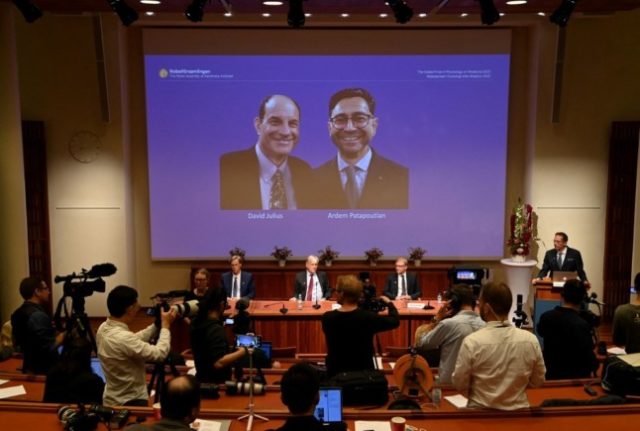NOBEL
Norway’s Rafto Prize goes to Bahraini group
Norway's Rafto Foundation has awarded its annual prize to one of Bahrain's most prominent human rights groups, in recognition of its non-violent protests and documentation of human rights violations.
Published: 26 September 2013 21:47 CEST

Bahrain protests in 2011 - Al Jazeera English
The foundation on Thursday gave the award to the Bahrain Centre for Human Rights, saying that it hoped it would "turn the spotlight on systematic violations of human rights in a region where abuse is too often met with silence from Western governments."
"In Bahrain, a wave of protests arose at the same time as the Arab Spring," the foundation's statement read. "And since they started in 2011 the protests have been met with an increasingly harder hand by the authorities."
The annual Rafto award was founded in 1986 in memory of Norwegian economic history professor Thorolf Rafto, a longtime human rights activist.
The $20,000 prize, which is often awarded to relatively unknown human rights defenders, will be presented on November 3 in the western Norwegian
town of Bergen.
Four past Rafto Prize laureates — Aung San Suu Kyi, Jose Ramos-Horta, Kim Dae-Jung and Shirin Ebadi — went on to win to Nobel Peace Prize, whose laureate for 2013 will be announced in Oslo on October 11.The Rafto Prize jury commended the rights group for continuing its efforts, despite government attempts to shut it down.
In 2011 the small Gulf state of Bahrain– ruled by the Sunni al-Khalifa monarchy — was shaken by an uprising by the majority Shiite population, calling for democratic reform.
Protesters were met with overwhelming military force leading to at least 89 deaths, according to the International Federation for Human Rights (FIDH).
Awarding the prize, the Rafto Foundation pointed out that systematic repression continues and that insulting Bahrain's king or the national flag
could result in a five-year prison sentence.
Url copied to clipboard!


 Please whitelist us to continue reading.
Please whitelist us to continue reading.
Member comments